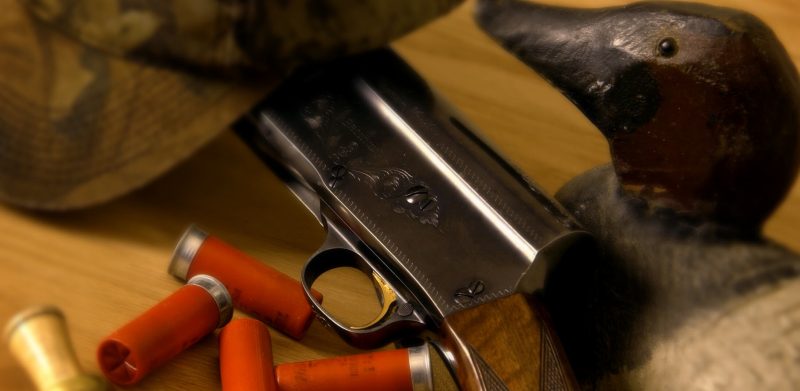
Importing Firearms Into Canada: How to Avoid Shooting Yourself in the Foot
Fall is here, the leaves are changing colour, and hunting season is about to begin. Hunting in Canada is a popular pastime for many sports enthusiasts and outdoorsmen, but before you plan your next trip there are a few things to keep in mind:
- Hunting is prohibited in Canada’s national parks
- Provincial hunting licenses are required and must be obtained from the appropriate provincial authority
- A provincial hunting license is not the same as a firearms license
Everything changes across the border
Whether for the purpose of competitive shooting or to hunt wild game, such as ducks, moose or grizzly bears, you need to be aware of Canada’s firearm regulations, which differ vastly from those in the United States and other countries. Unlike the US, Canadian firearm regulations are very restrictive.
- Importation of firearms is controlled by the Canada Border Services Agency (CBSA) at the border. In addition, they are regulated by the Royal Canadian Mounted Police (RCMP), which is also responsible for the issuance of firearms licenses and acquisitions licenses that are required for some firearms.
Firearm categories
In Canada, firearms are divided into three categories:
- Prohibited firearms
- Restricted firearms
- Non-restricted firearms
So how exactly do they differ?
Prohibited firearms include most handguns, automatic or military-style weapons, and replica guns (other than antiques).
- In most cases, non-residents cannot import prohibited weapons into Canada.
- Canadian citizens may apply for a special license to import prohibited weapons, but these licenses are usually restricted to military personnel or law enforcement officers.
Restricted firearms comprise handguns that are not prohibited.
- Firearms in this category include semi-automatic, centre-fire rifles and shotguns with a barrel shorter than 470 mm; rifles and shotguns that can be fired when their overall length has been reduced by folding, telescoping or other means to less than 660 mm; and some firearms that are restricted by the criminal code.
Non-restricted firearms include most hunting rifles and shotguns.
- You do not need a firearms license if you bring these types of firearms with you temporarily for competition or hunting.
- If you are a visitor to Canada, you will need to complete a non-resident firearms declaration form (RCMP 5589) at the border, which may be completed prior to your arrival – but must be signed in front of the border services agent.
Guidelines for importing restricted and non-restricted weapons
There are provisions for importing restricted and non-restricted weapons into Canada, but strict guidelines apply!
- The firearm must first be registered with the Canadian Firearms Program (CFP) and the individual will need an authorization, issued by the chief firearms officer, to transport restricted weapons. To determine if you have all the necessary paperwork to import your restricted weapon, contact the RCMP – otherwise your firearm could be seized at the border.
- Persons under 18 years of age are not permitted to import any type of firearms.
- All firearms must be declared to the CBSA at the first point of arrival in Canada.
- The border services agent will determine if you have a valid reason to bring your non-restricted firearm into Canada.
- You will be required to complete a non-resident firearms declaration and list all the firearms you have with you. The fee for this is $25.
Small amounts of ammunition may also be brought into Canada if it is the particular caliber for use with your specific firearm, up to a limit of 5000 rounds. Take note that some high-capacity magazines are prohibited!
You can obtain more information about bringing firearms into Canada through the CBSA or RCMP websites.
To make certain everything goes smoothly and that your intentions don’t misfire, be sure to call upon a certified customs broker.